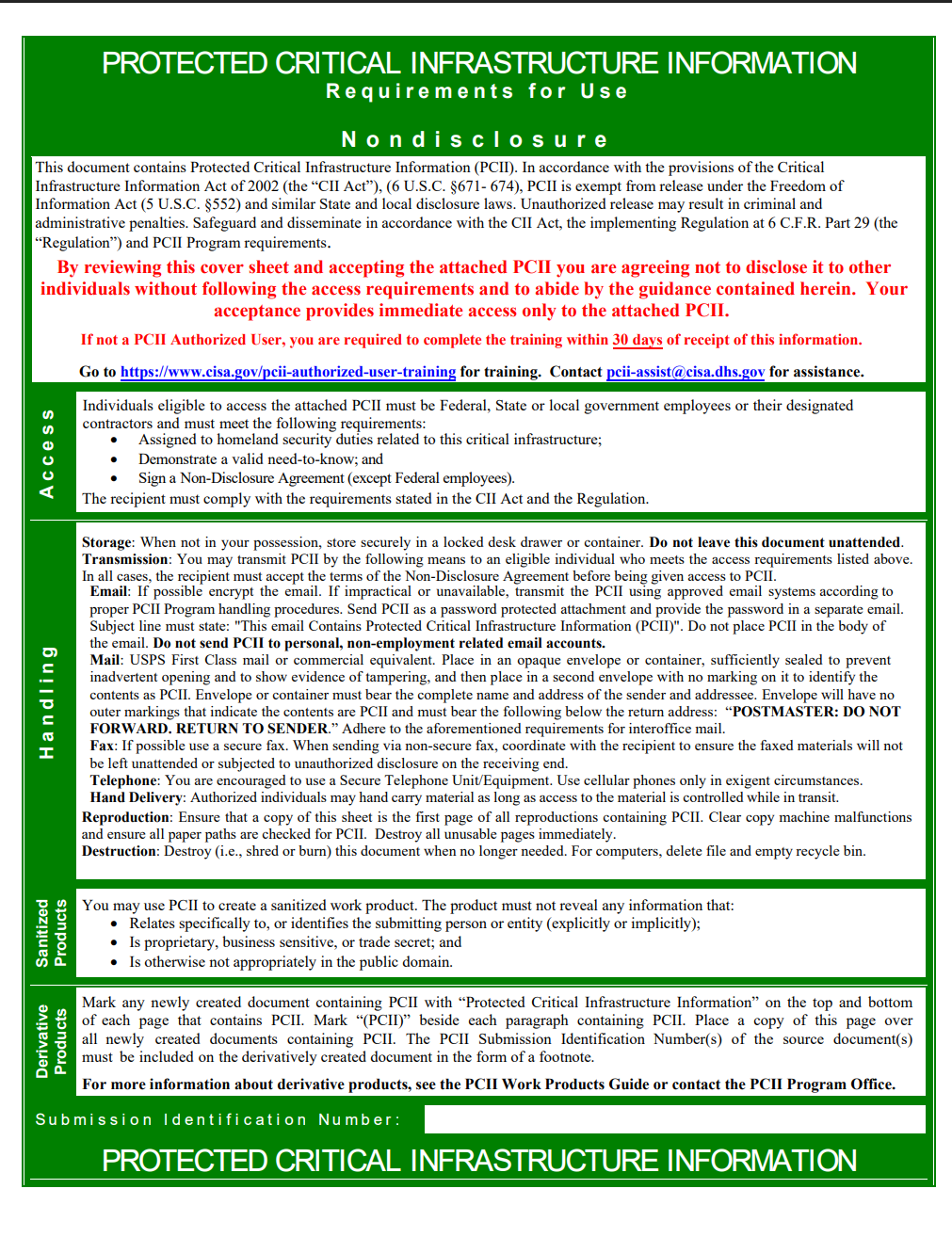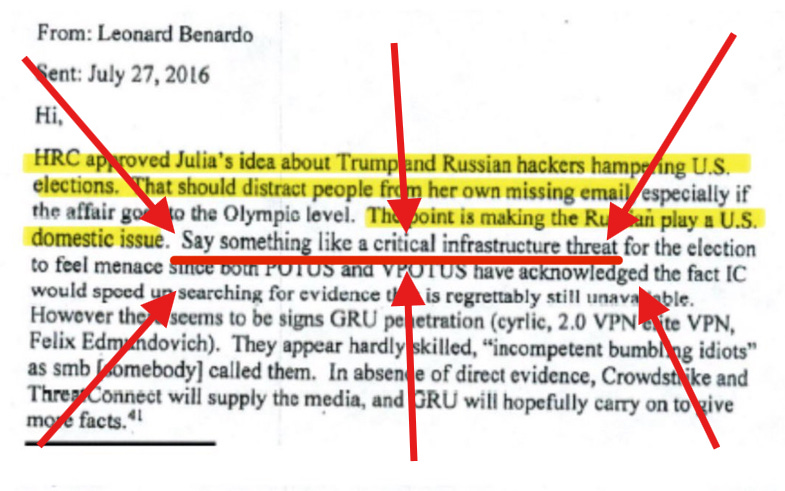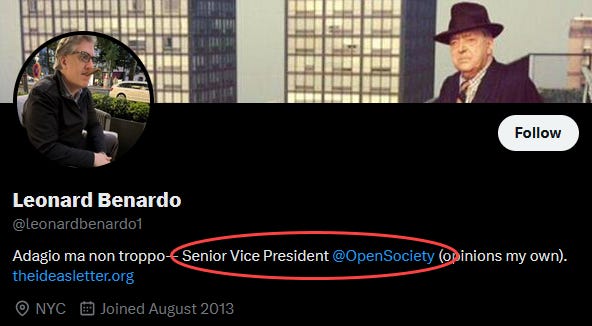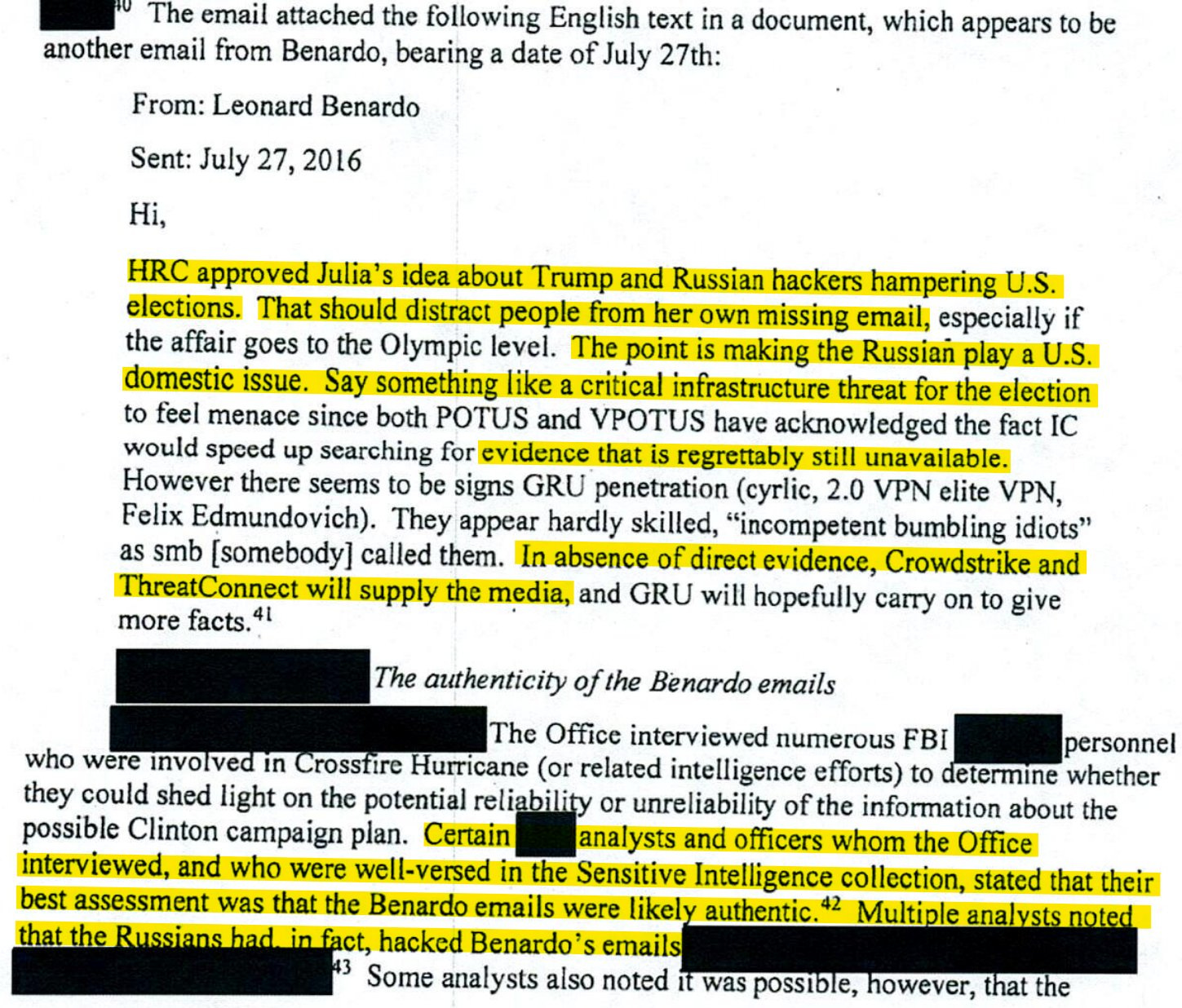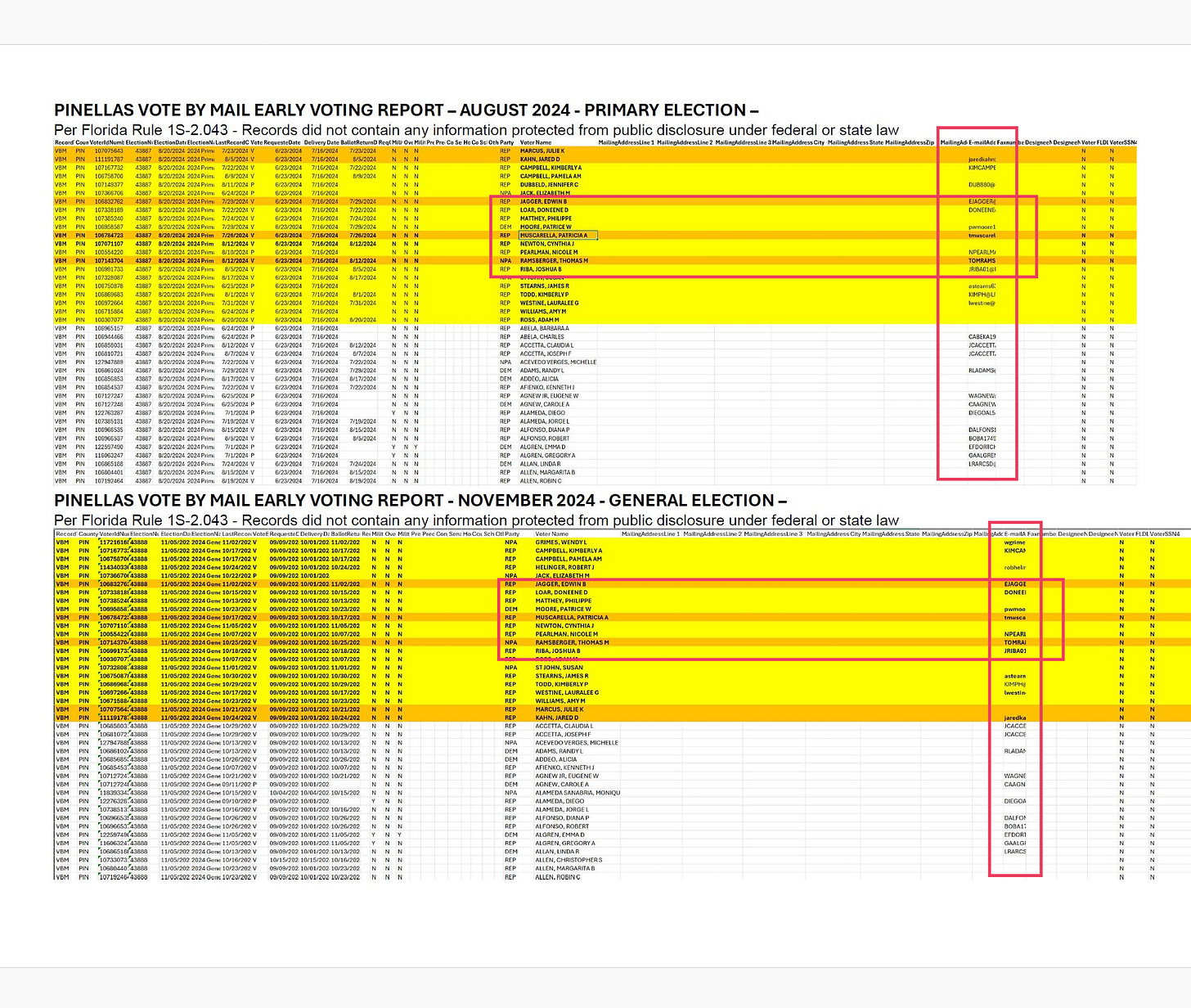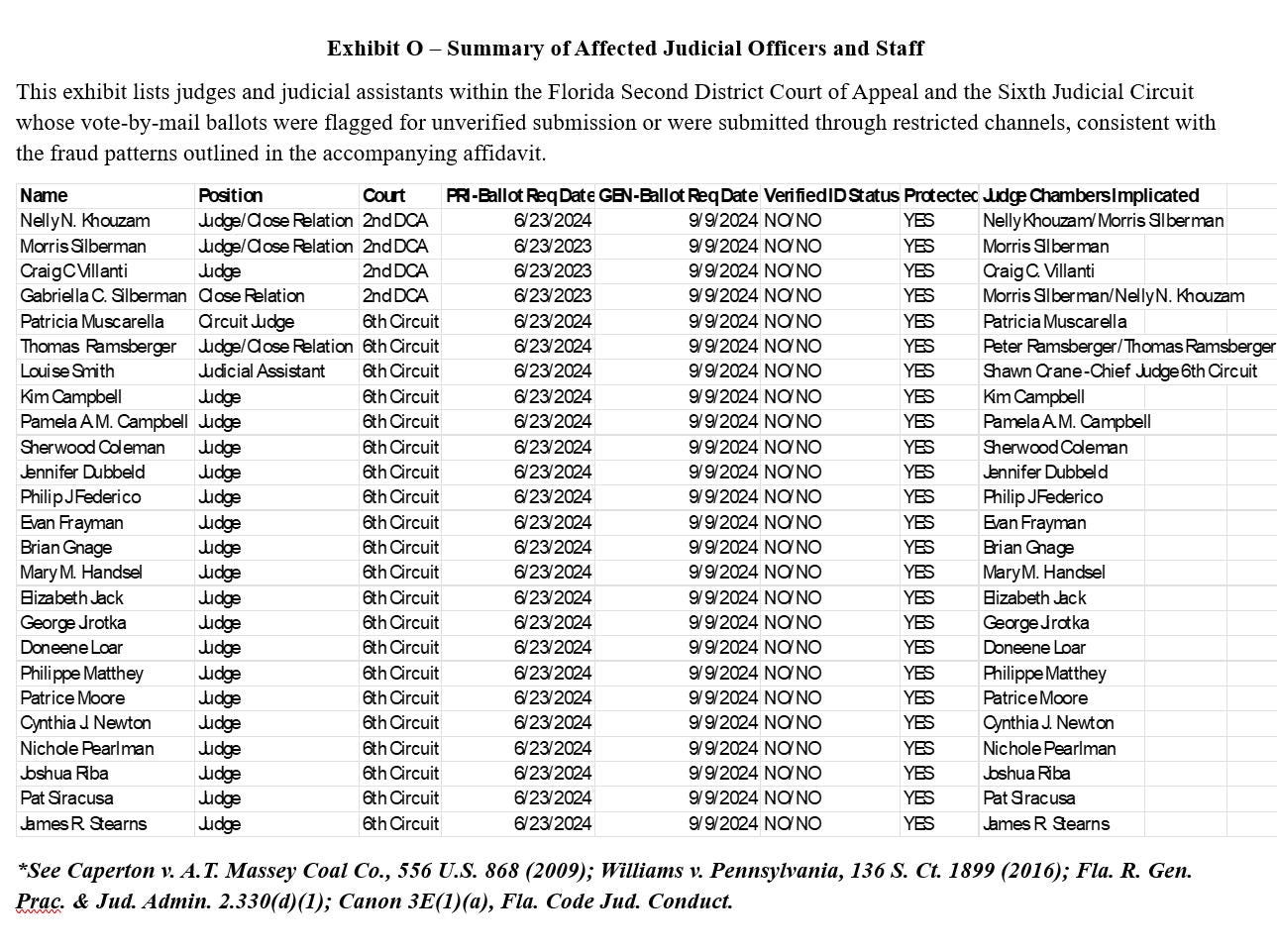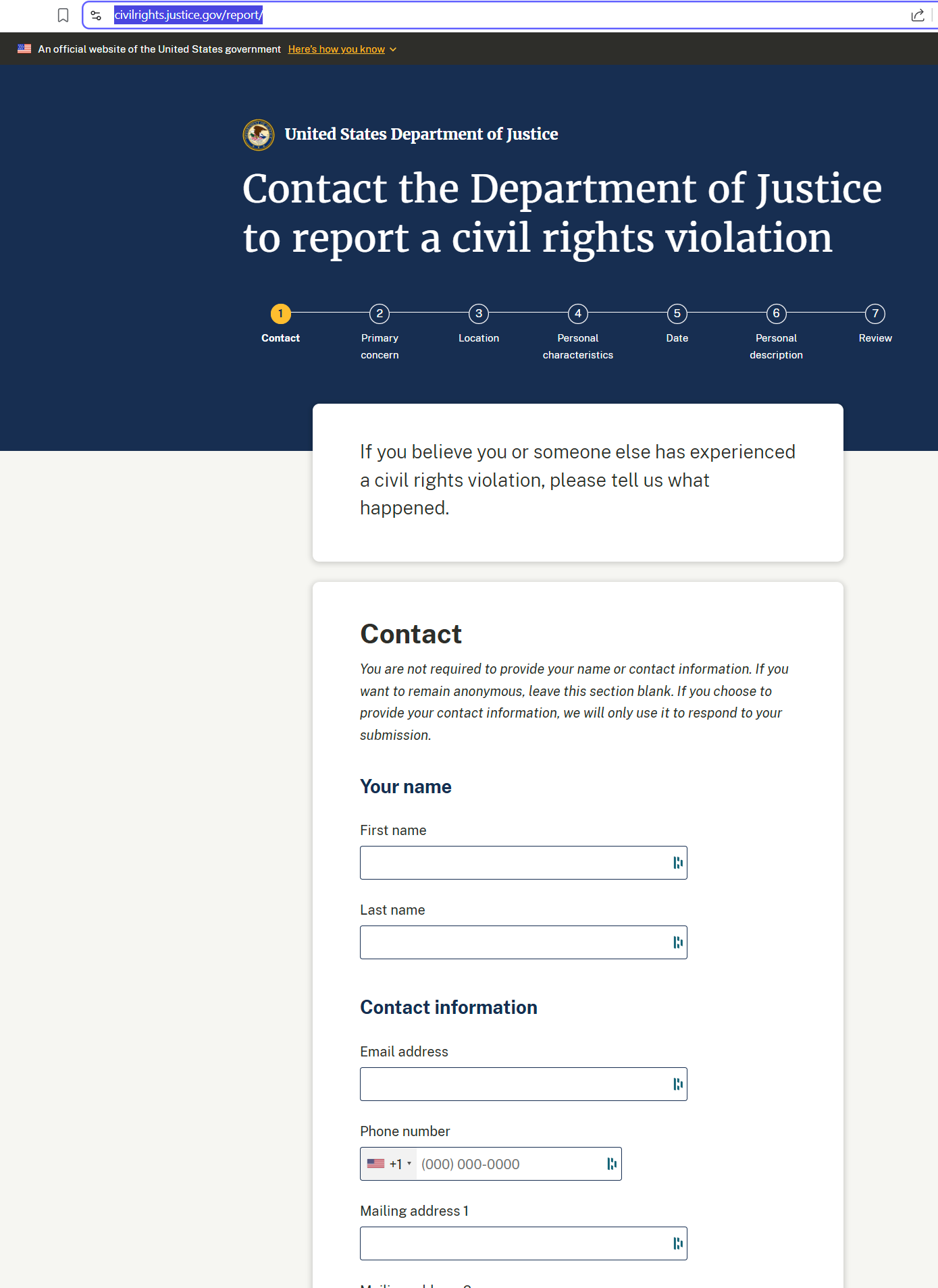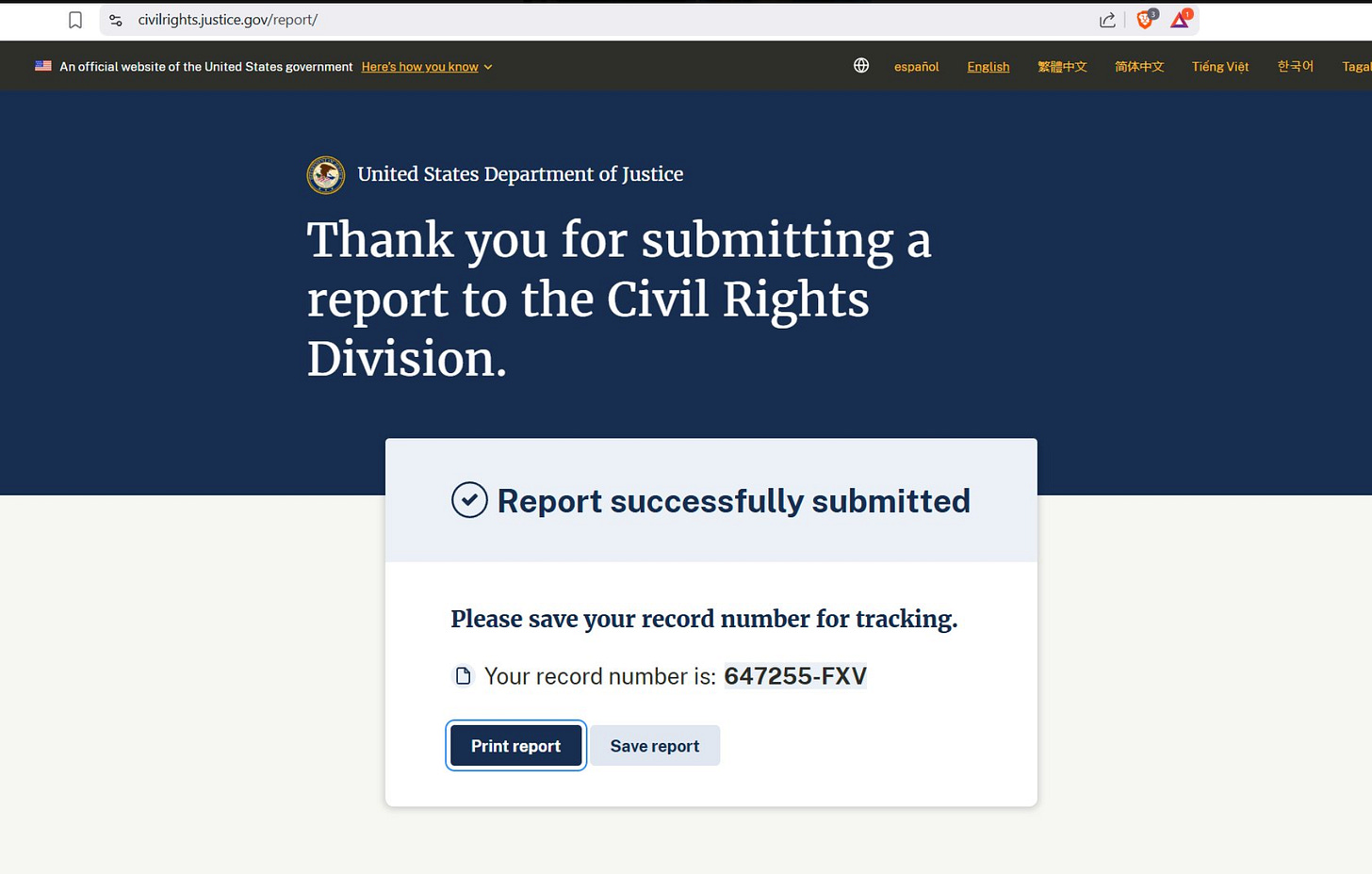PROTECTED CRITICAL INFRASTRUCTURE FRAUD & TREASON
So many crimes...So little time...Treason is the reason...
What happens when corrupt judges and election officials seal entire court records based on fraudulent concealment, fraud upon the court and “OFFICIAL MISCONDUCT” ?
The RUSSIAN COLLUSION HOAX has been exposed for what it is…
As part of the coup Obama, Hillary and and their co-conspirators designated our elections as “CRITICAL INFRASTRUCTURE”…
For the past few years the Florida Election Corruption Cartel currently headed by Wendy Link has been illegally subverting our Constitutional form of government via unlawful means.
As part of their election corruption RICO enterprise they have been disenfranchising millions of voters, altering official election records and the claiming to be able to hide the auditable records that they lawfully administered the elections. They have done this at such scope and scale for so long that every level of government has been compromised. This specifically has infiltrated the judiciary at the local, state and federal levels.
We caught them… Lock stock and barrel in Pinellas County Florida, Hillsborough County Florida and in Palm Beach County Florida.
In the kangaroo court hearings in Pinellas County, most every judge or their close relations have been identified as Material Witnesses, Victims, Participants and /or Beneficiaries of the election fraud being litigated currently.
As part of the conspiracy to cover their tracks, the legal team for Julie Marcus have boxed themselves into quite a corner, and exposed themselves in ways they have yet to understand.
PCII - Fraudulent Concealment, False Claims, Official Misconduct, HAVA, and more…
Did you know that it is unlawful for election administrators to falsely claim Protected Critical Infrastructure Information (PCII) protection to conceal auditable election records, particularly if they are not complying with PCII program requirements and are simultaneously violating Help America Vote Act (HAVA) standards. This scenario implicates multiple federal and state laws, including those governing misuse of protected information designations, public records access, election transparency, and potential fraud or obstruction. Below, I break down the key legal considerations, drawing on the structure of PCII, HAVA obligations, and relevant penalties.
Understanding PCII and Its Applicability to Election Records
The PCII program, administered by the Cybersecurity and Infrastructure Security Agency (CISA) under the Department of Homeland Security (DHS), is established by the Critical Infrastructure Information Act of 2002 (CII Act, codified at 6 U.S.C. §§ 671-674). It allows owners and operators of critical infrastructure—including election systems, designated as a subsector in 2017—to voluntarily submit sensitive information (e.g., vulnerabilities in physical or cyber assets) to DHS for homeland security purposes. Once validated by DHS, this information is marked as PCII and protected from public disclosure under the Freedom of Information Act (FOIA), state or local disclosure laws, and use in civil litigation.
However, PCII protection is not a blanket shield for all election-related data:
It applies only to properly submitted and validated critical infrastructure information (CII), such as details on system vulnerabilities, security assessments, or incident response plans—not routine auditable election records like vote tallies, ballot images, voter rolls, or post-election audit logs.
Submissions must be made through official channels (e.g., the PCII Management System), certified as voluntary and not customarily public, and approved by DHS. Election records, which are often subject to public scrutiny for transparency and auditability, typically do not qualify unless they specifically detail infrastructure vulnerabilities.
Falsely claiming PCII status without compliance (e.g., no submission or validation) constitutes misuse, as PCII markings and protections are strictly regulated.
Unlawfulness of False PCII Claims to Conceal Records
Falsely invoking PCII to hide auditable records would be unlawful for several reasons:
Misuse of PCII Protections: Under 6 CFR Part 29 (implementing the CII Act), unauthorized application of PCII designations or failure to comply with submission and safeguarding procedures is a violation. This includes falsely marking documents as PCII or using the claim to deny access without DHS validation. Penalties include:
Criminal: Fines up to $250,000 and/or imprisonment for up to 1 year (per 6 U.S.C. § 673(f)).
Administrative: Removal from office, disqualification from the PCII program, or civil fines.
Mandatory reporting of suspected violations to DHS.
Violation of Public Records Laws: Auditable election records are generally public under federal FOIA (for federal agencies) and state open records laws (e.g., modeled on FOIA), which require disclosure unless a valid exemption applies. Falsely claiming PCII to deny requests could lead to:
Lawsuits for improper withholding, with courts ordering disclosure and potential attorney fees (e.g., under 5 U.S.C. § 552).
State-level penalties for bad-faith denials, such as fines or misdemeanor charges.
Fraud or Obstruction: If the false claim is made to deceive the public, courts, or oversight bodies, it could violate 18 U.S.C. § 1001 (false statements to federal entities, punishable by up to 5 years imprisonment) or state equivalents. In contexts involving federal funds (e.g., HAVA grants), this might trigger False Claims Act liability (31 U.S.C. §§ 3729-3733), with treble damages and penalties up to $27,000 per claim.
Intersection with HAVA Violations
HAVA (52 U.S.C. §§ 20901 et seq.) requires states to use auditable voting systems that produce verifiable records, maintain accurate voter databases, and ensure accessibility and security. These standards emphasize transparency, including post-election audits and public access to records for verification. Violating them while falsely claiming PCII exacerbates unlawfulness:
Compounded Non-Compliance: Concealing records undermines HAVA's auditability mandate, potentially leading to loss of federal funding (e.g., HAVA grants for system upgrades).
Civil Rights Implications: If concealment disenfranchises voters or erodes trust, it could invite lawsuits under the Voting Rights Act (52 U.S.C. §§ 10301 et seq.) or constitutional challenges (e.g., due process under the 14th Amendment).
Enforcement: The U.S. Election Assistance Commission (EAC) or DOJ could investigate, with states facing audits or corrective actions.
In practice, while PCII can protect certain election infrastructure details (e.g., cyber vulnerabilities), it cannot be weaponized to hide core auditable records required for public verification. Such actions would invite scrutiny from DHS, courts, or election oversight bodies, with outcomes depending on intent and jurisdiction-specific laws. Administrators should consult legal counsel or DHS for proper PCII use rather than risk violations.
So in Pinellas County Florida where we have seen the county and district court judges, along with their close relations implicated as material witnesses, victims, participants, and beneficiaries in the election fraud scheme.
We have documented how they have conspired to seal election records in an election challenge case under a false Protected Critical Infrastructure Information (PCII) claim.
The implications of this are severe and multifaceted. This conduct constitutes a grave abuse of judicial authority, undermining election transparency, public trust, and constitutional rights. While judicial immunity provides broad protection for legitimate judicial acts (e.g., issuing sealing orders), it does not shield criminal conspiracies or non-judicial actions, potentially exposing participants to federal and state prosecutions, disciplinary measures, civil liabilities, and systemic consequences.
Below, I outline the key implications based on relevant U.S. laws, including those governing PCII misuse, conspiracy, election integrity, and judicial conduct. Note that outcomes would depend on jurisdiction, evidence of intent, and specific facts, but this scenario aligns with patterns seen in post-2020 election litigation where unsubstantiated fraud claims were rejected and attempts to obstruct access to records faced scrutiny.
1. Criminal Implications
Such a conspiracy could trigger federal and state criminal investigations, as it involves deliberate misuse of legal processes to conceal evidence in a matter affecting fundamental rights like voting and fair elections. Key statutes include:
Conspiracy Against Rights (18 U.S.C. § 241): This felony prohibits two or more persons from conspiring to "injure, oppress, threaten, or intimidate" any person in the exercise of federal rights, including the right to vote, have votes counted fairly, or challenge election results. In election contexts, § 241 has been used to prosecute schemes involving false claims of fraud, interference with vote certification, or suppression of evidence (e.g., in cases like U.S. v. Tobin, where phone-jamming disrupted voter assistance, or the 2023 federal indictment of former President Trump for spreading false election fraud claims to obstruct certification). Here, sealing records under a false PCII pretext to protect implicated parties could be seen as conspiring to deprive challengers of due process and equal protection under the 14th Amendment. Penalties: Up to 10 years imprisonment (or life if death results), fines up to $250,000. No overt act is required—mere agreement suffices. Judicial immunity does not apply to criminal prosecutions under this statute.
Conspiracy to Defraud the United States (18 U.S.C. § 371): If the scheme defrauds the federal government (e.g., by obstructing federally funded election processes under the Help America Vote Act or interfering with U.S. Election Assistance Commission oversight), this could apply. It has been charged in election interference cases, including Trump's 2023 indictment. Penalties: Up to 5 years imprisonment, fines up to $250,000.
Misuse of PCII (6 U.S.C. § 673(f) and 6 CFR Part 29): Falsely claiming PCII protection for non-qualifying records (e.g., auditable election data like vote tallies or voter rolls, which are not inherently vulnerability assessments) violates the Critical Infrastructure Information Act. PCII is for voluntary submissions of sensitive infrastructure data to DHS/CISA, not a tool for courts to shield public records. Unauthorized marking or use in court (outside criminal prosecutions) could lead to fines up to $250,000 and/or up to 1 year imprisonment. DHS could investigate and revoke program access, with appeals possible but unlikely to succeed if fraud is proven.
Obstruction of Justice (18 U.S.C. §§ 1505, 1512): Tampering with evidence or proceedings in an election challenge (e.g., sealing records to hide fraud) could constitute obstruction, especially if it corrupts judicial processes. Penalties: Up to 20 years imprisonment if involving tampering with witnesses or records.
Election-Specific Crimes: Under 52 U.S.C. §§ 20511 (false election statements) or state laws (e.g., prohibiting fraud in voter registration or certification), participants could face additional charges. The DOJ's Election Crimes Manual emphasizes prosecuting schemes that undermine vote integrity.
Involvement of Relatives: Close relations could be charged as co-conspirators if they benefited or participated, potentially under aiding/abetting statutes (18 U.S.C. § 2), amplifying RICO claims (18 U.S.C. § 1961) if patterned racketeering is shown.
Enforcement: The DOJ Civil Rights Division or FBI should investigate, as in post-2020 cases where over 60 lawsuits alleging fraud were dismissed for lack of evidence.
2. Judicial and Ethical Implications
Loss of Judicial Immunity: Absolute judicial immunity protects judges from civil suits for acts within their jurisdiction (e.g., sealing orders), even if motivated by malice. However, it does not extend to criminal liability or non-judicial acts like conspiracy outside court. In analogous cases (e.g., Trump's immunity ruling), SCOTUS clarified that official acts may be immune, but unofficial schemes (e.g., personal fraud) are not. Ethical violations could lead to impeachment or removal.
Disciplinary Actions: State judicial conduct codes (e.g., Florida's Judicial Qualifications Commission) prohibit misconduct eroding public confidence, including bias, impropriety, or using office for personal gain. Sanctions: Censure, suspension, removal, or disbarment. In election cases, courts have sanctioned judges for promoting conspiracy theories.
Conflict of Interest: Judges with implicated relatives must recuse (28 U.S.C. § 455); failure could invalidate orders and trigger ethics probes.
3. Civil and Procedural Implications
Invalidation of Sealing Orders: Appeals courts could unseal records if the PCII claim is proven false, as in Wisconsin's 2023 ruling ordering release of fake elector documents. Election challengers might sue under 42 U.S.C. § 1983 for rights violations, though judicial immunity limits damages against judges (but not relatives).
Lawsuits and Remedies: Voters or challengers could file civil rights suits, seeking injunctions, declaratory relief, or damages from non-immune parties. Loss of federal funding under HAVA if auditability is compromised.
Public Records Access: FOIA or state equivalents mandate disclosure of election records unless validly exempt; false sealing could lead to mandamus actions and attorney fees for requesters.
4. Broader Systemic Implications
Erosion of Public Trust: This could fuel misinformation and chaos, as warned in judicial preparedness reports, leading to violence or disputed outcomes.
Election Integrity: Compromised challenges could invalidate results, trigger recounts, or prompt federal intervention (e.g., DOJ oversight).
Reputational Damage: Participants face public scrutiny, career ruin, and potential disbarment for lawyers involved.
In summary, this conspiracy should result in criminal indictments, judicial removal, unsealed records, otherwise significant and lasting harm to constitutional form of government will continue to create a Constitutional Crisis of Biblical proportion…
Investigations by DOJ, state bars, or congressional committees (as in 2020 probes) must be demanded…
If you received a vote by mail ballot and did not request one in 2024 you are also a material witness or victim of the fraudulent vote by mail scheme that Julie Marcus and her co-conspirators participated in.
Below is a link to report this to the DOJ Civil Rights Division.
https://civilrights.justice.gov/report/
I did my part… You do yours…


